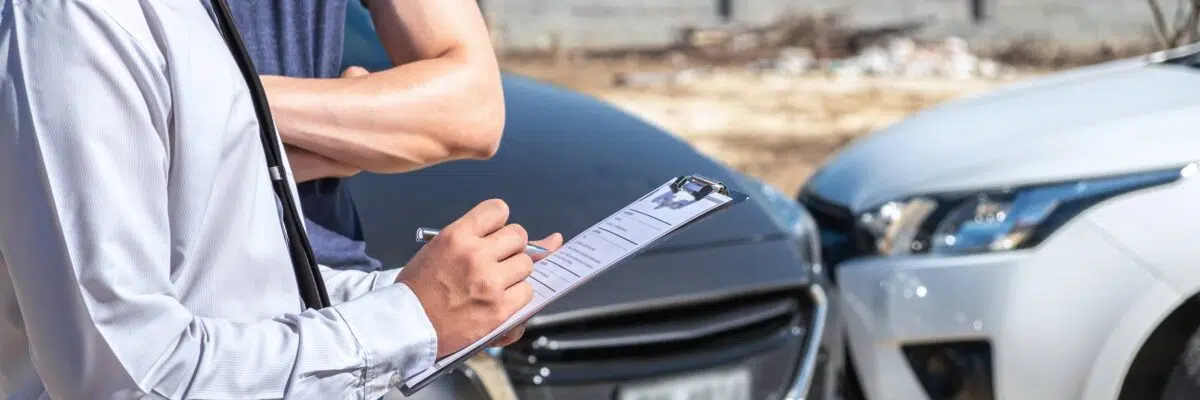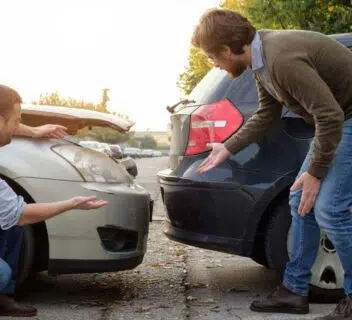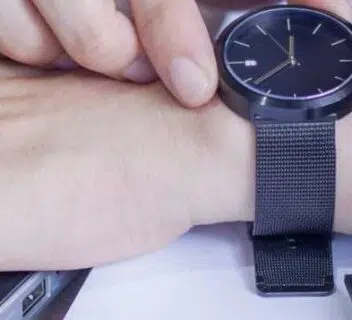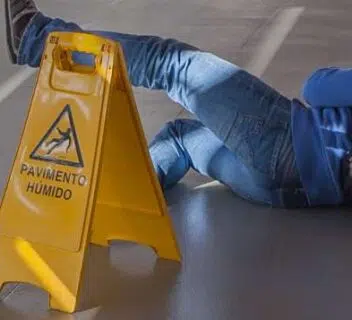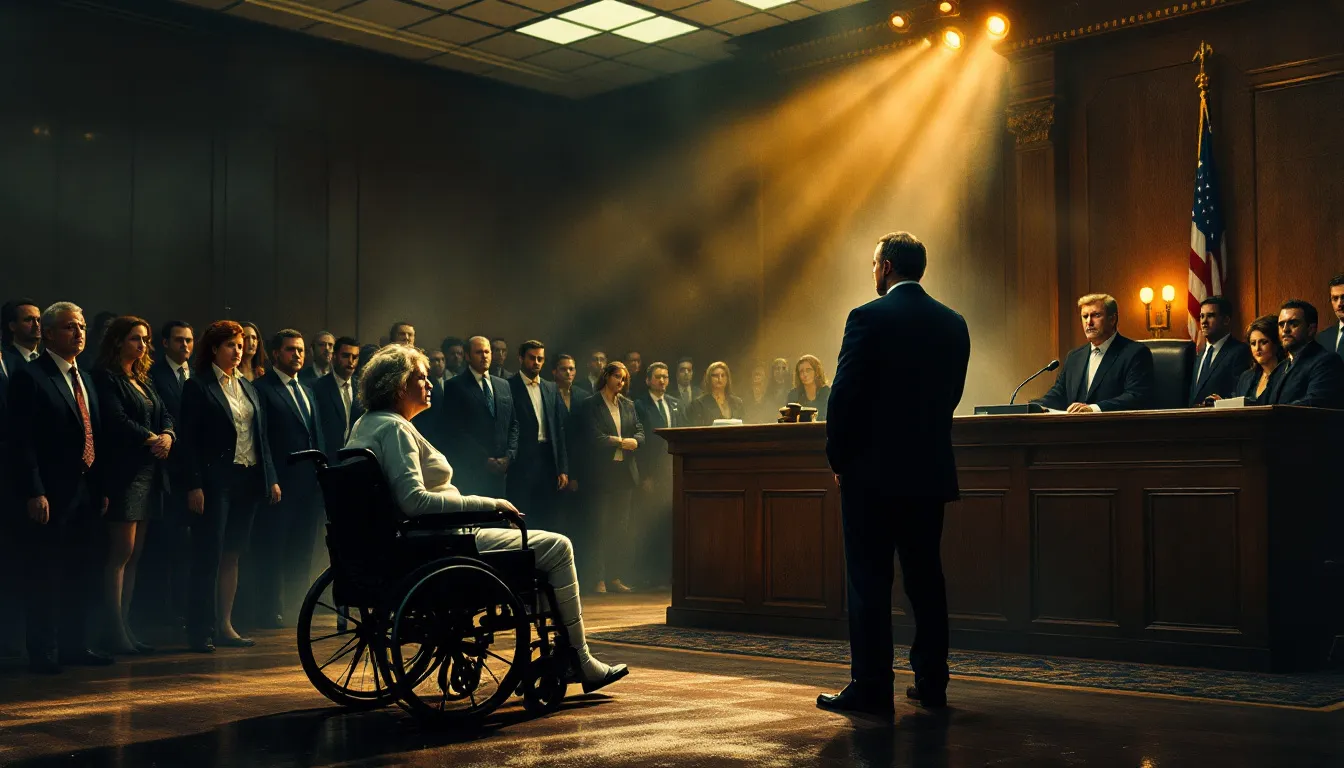Understanding the types of car accidents and auto accidents is crucial for every driver. In this article, we’ll explain the most common kinds you might encounter, their typical causes, and how best to respond if you’re involved.
Introduction to Types of Car Accidents
Key Takeaways
- Car accidents can be categorized into various types, each with unique causes and potential injuries, including rear-end, head-on, side-impact, sideswipe, and rollover collisions.
- Single-vehicle and multi-vehicle accidents are common, with unique risks; single-vehicle incidents often stem from driver errors or adverse conditions, while multi-vehicle accidents involve complex fault determination.
- Legal representation after a car accident is crucial; car accident lawyers can assist with navigating settlements, negotiating with insurance companies, and securing fair compensation.
Common Types of Car Accidents
Car accidents come in many forms, each with its own set of causes, consequences, and complexities. Most car accident cases include:
- Rear-end collisions
- Head-on collisions
- Side-impact accidents
- Sideswipe accidents
- Rollover accidents
These accidents can result in serious injuries, vehicle loss, and significant financial repercussions. Understanding various types of accidents prepares you for what to expect and how to react if you’re involved in one.
Many factors influence the likelihood of car accidents, including driver distraction, speed, and environmental conditions. These accidents often result in injuries, vehicle damage, and time off work. Awareness of these common accidents is the first step toward effective handling.
Rear-End Collisions
Car accidents frequently involve rear-end collisions, which commonly occur when the following vehicle either maintains an insufficient distance from the car in front or fails to recognize that it has decelerated or come to a stop abruptly. Such incidents can cause severe injuries, including neck injuries, with whiplash being among the prevalent conditions affecting those in the struck vehicle. The abruptness of a rear-end impact heightens its potential danger.
In such accidents, responsibility is often placed on the driver at the back for reasons including distraction, inadequate spacing between vehicles, or excessive speed relative to road conditions. It’s accepted that this trailing driver bears fault. Hence, maintaining an ample gap ahead is imperative for safety reasons.
Head-On Collisions
Head-on collisions rank as one of the deadliest forms of car accidents, frequently leading to grave injuries or death due to the substantial impact created when two vehicles crash head-on into each other. These collisions often result in serious injury, significantly affecting the lives of those involved and potentially leading to higher compensation in settlements. Such incidents usually happen when a driver inadvertently veers into opposing traffic for reasons that might include distraction, impairment, or loss of vehicle control.
The repercussions of head-on crashes are typically severe and can result in critical health consequences like fractures, damage to internal organs, and traumatic brain injuries. With their high potential for fatal outcomes, it is crucial to remain vigilant and steer clear of distractions while driving in order to avoid these catastrophic events. It’s also imperative that those involved seek immediate medical attention following an accident.
Side-Impact Collisions
T-bone accidents, or side-impact collisions, take place when the front of one vehicle collides with the side of another at a perpendicular angle, creating a ‘T’ configuration. This type of accident often transpires at intersections due to one driver not yielding properly.
These types of crashes are particularly dangerous because vehicles have less protective structure on their sides than on their front and rear ends, often resulting in serious injury. As such, injuries sustained in these accidents can be quite serious—ranging from broken bones to internal damage—and may lead to fatalities, especially when vehicles collide at elevated speeds.
Sideswipe Accidents
Accidents known as sideswipes involve two parallel vehicles making contact and brushing against one another. These incidents are frequently a result of drivers not paying attention, neglecting to inspect their blind spots, or engaging in reckless driving behaviors.
Although the resulting harm from sideswipe accidents can be purely superficial if both vehicles are moving along the same path, outcomes may become significantly more serious should either motorist lose control of their vehicle, potentially leading to serious injury. The range of injuries sustained can vary widely but might include bodily harm such as whiplash, fractures, or even grave afflictions like spinal cord damage and traumatic brain injuries.
Rollover Accidents
Accidents involving a vehicle rolling over tend to happen more frequently with vehicles that possess an elevated center of gravity, which includes SUVs and pickup trucks. These accidents often result in serious injury, significantly impacting the lives of those involved. Sharp turns at elevated velocities or abrupt actions can lead to the vehicle overturning and coming to rest on its side or top.
Injuries sustained from such rollover accidents are often serious in nature, encompassing damage to the spinal cord as well as traumatic brain injuries. It’s especially important for operators of these taller vehicles to remain vigilant when navigating sharp corners or traveling at high speeds.
Single-Vehicle Accidents
Single-vehicle accidents involve only one vehicle and can result in significant injury or death, often accounting for over 50% of traffic fatalities in the U.S. These accidents can also lead to serious injury, which may have life-altering consequences and impact settlement payouts.
Common causes include:
- Driver error
- Drugs or alcohol
- Fatigue
- Speeding
- Poor weather
- Obstacles on the road
Environmental factors such as rain, snow, and ice significantly increase the risk of single-vehicle accidents. Additionally, driver distraction, like texting or adjusting controls, can lead to accidents involving stationary objects.
Drivers must remain vigilant and adapt to road conditions to prevent these drivers’ accidents.
Multi-Vehicle Accidents
Accidents involving three or more vehicles, known as multi-vehicle accidents, can lead to intricate situations such as chain-reaction collisions. These accidents can also result in serious injury, significantly impacting the lives of those involved. Assigning blame in these instances is particularly difficult because of the number of vehicles and contributing factors from various parties involved, which add layers of complexity.
In the event of large-scale pile-ups with multiple vehicles, safety becomes a crucial issue due to dangers like entrapment within mangled vehicle remains or potential fires caused by leaking fuel. To reduce your chances of being caught in multi-vehicle accidents, it’s vital to remain vigilant about your environment and maintain an adequate distance between cars.
Blind Spot Accidents
Blind spot accidents often occur when drivers fail to check their blind spots before changing lanes or merging. These accidents can potentially lead to serious injury. Larger vehicles like trucks have proportionally larger blind spots, increasing the risk of accidents. Small cars and motorcycles are particularly vulnerable as they can disappear in the blind spots of larger vehicles.
Blind spots cause over 840,000 accidents annually in the U.S., so drivers must use mirrors and check blind spots before any maneuvers.
Low-Speed Accidents
Even at low speeds, accidents can result in serious harm such as whiplash, injuries from being crushed, and fractured bones. Even at low speeds, accidents can result in serious injuries such as whiplash, injuries from being crushed, and fractured bones. Thousands of injuries every year are suffered by pedestrians and cyclists, who are particularly susceptible to injury in these types of collisions.
The direction from which a vehicle strikes can greatly influence the extent of the injuries incurred during low-speed impacts. Senior pedestrians tend to sustain more severe harm when involved in these incidents at reduced vehicular speeds than their younger counterparts do.
Exercise vigilance while driving, especially where pedestrian activity is dense.
Merging Accidents
Accidents during merging usually happen when drivers neglect to check their blind spots, are unable to align with the speed of oncoming traffic, or engage in reckless behavior as they enter highways. These incidents can potentially lead to serious injury, especially when they occur at high speeds. These incidents can be exacerbated by other motorists who accelerate in an attempt to overtake vehicles that are merging.
It’s critical for safe integration into traffic that proper signals are used and speeds adjusted accordingly. Such accidents frequently take place at elevated speeds, which increases the likelihood of severe injuries occurring. To steer clear of perilous circumstances like this, it is imperative always to make sure there is ample room and sufficient time available before attempting a merge.
Hit-and-Run Accidents
Accidents in which the responsible party flees the scene, known as hit-and-run accidents, present unique challenges for legal proceedings due to the absence of the culpable driver. These accidents can result in serious injury, significantly impacting the victims’ lives and their potential compensation. Victims are frequently obliged to gather a solid body of evidence, including witness accounts and video surveillance in order to establish their case.
Without access to the at-fault driver, those affected may have no choice but to turn to uninsured motorist insurance coverage from their own insurance company for compensation and medical care. This coverage can encompass bodily injury claims as well as cover medical costs associated with such incidents. Drivers who commit hit-and-run offenses not only risk criminal repercussions but also bear civil responsibility for any damages incurred. During this time, an insurance company might step in to facilitate various aspects of pursuing a claim.
In instances involving a hit-and-run accident, it is critical that you promptly collect all possible supplementary evidence and reach out immediately to law enforcement authorities so that you can secure an official police report on the incident.
Causes of Car Accidents
Car accidents can be caused by a variety of factors, including driver error, vehicle maintenance issues, and road conditions. One of the leading causes of car accidents is driver inattention, such as texting while driving or driving under the influence of alcohol or drugs. Other common causes include speeding, reckless driving, and failure to obey traffic laws.
Vehicle defects or malfunctions, such as faulty brakes or tires, can also lead to car accidents. In some cases, car accidents may be caused by a combination of factors, making it difficult to determine fault. Understanding the various causes of car accidents can help drivers take preventive measures and stay safe on the road.
Filing a Car Accident Claim
Filing a car accident claim involves notifying the insurance company and providing documentation of the accident, including a police report and medical records. The insurance company will review the claim and determine liability, which can affect the car accident settlement amount. It is essential to seek the advice of an experienced car accident attorney to ensure that the claim is filed correctly and that the individual receives fair compensation.
The car accident claim process can be complex, and insurance companies may try to minimize payouts, making it crucial to have a knowledgeable attorney on your side. A car accident attorney can help navigate the claims process, negotiate with insurance companies, and advocate for your rights. By having an experienced attorney, you can increase your chances of receiving a fair settlement for your damages.
Dealing with Insurance Companies
Dealing with insurance companies can be challenging, especially when trying to reach a car accident settlement. Insurance companies may try to offer low settlement amounts or deny claims, making it essential to have a skilled car accident attorney. An experienced attorney can negotiate with insurance companies, ensuring that you receive fair compensation for your damages.
It is crucial to understand your insurance policy and the coverage limits to determine the potential car accident settlement amount. Keeping detailed records of communication with insurance companies, including dates, times, and conversations, can help build a strong case and support your car accident claim. By being well-prepared and having a knowledgeable attorney, you can navigate the negotiation process more effectively and secure the compensation you deserve.
Get Legal Help After A Car Accident
Following a car accident, acquiring legal assistance can significantly influence the resolution of your claim. A seasoned car accident attorney is equipped to guide you through the intricacies involved in navigating settlements and offers related to car accidents, engage in discussions with insurance firms, and strive for enhanced compensation that encompasses your final settlement amount. Assistance from an experienced lawyer is vital when contending with medical expenses, lost earnings, or emotional turmoil throughout the negotiation phase. While there’s no set average for settlements post-accidents, representation by knowledgeable counsel typically leads to more equitable results. Many car accident lawyers offer a free consultation to help you understand your legal options and navigate the claims process without any upfront costs.
For a complimentary case evaluation with a qualified car accident lawyer in our network, call 1-800-THE-LAW2 today. We are committed to connecting you with attorneys who can advocate on your behalf and work to secure just compensation. That way, you can make progress. Our network attorneys stand ready to support injured claimants (like you) by evaluating the case free of charge.
Summary
Understanding the different types of car accidents and how to handle them is crucial for every driver. From rear-end collisions to hit-and-run accidents, each type presents unique challenges and requires specific responses. Knowing the common causes and potential consequences can help you stay safe on the road and be better prepared in the event of an accident.
If you find yourself involved in a car accident, remember to seek legal help to navigate the complexities of your case and consider legal action if necessary to ensure fair compensation. With the right support, you can ensure that you receive the compensation you deserve and move forward with your life. Stay safe, stay informed, and drive responsibly.
Frequently Asked Questions
Immediately after a car accident, ensure everyone’s safety, call emergency services, and collect evidence, including photos and witness statements. Additionally, gather any additional evidence that can support your claim, such as video footage or detailed notes about the accident.
In establishing responsibility for a car accident, it is essential to evaluate the driver’s behavior, the conditions of the road, and whether traffic laws were followed, since these elements are critical in determining fault.
Common injuries in car accidents include whiplash, broken bones, internal injuries, and traumatic brain injuries.
It’s crucial to seek medical attention promptly if you experience any symptoms, as being properly diagnosed and treated is essential for injured individuals.
An experienced car accident lawyer specializing in car accident cases is adept at steering the settlement negotiations with insurance firms to ensure that you obtain just compensation.
Leveraging their knowledge can greatly bolster the strength of your case.
If the at-fault driver leaves the scene of the accident, it’s crucial to gather as much evidence as possible and report the incident to the authorities.
Additionally, you may want to consider using uninsured motorist coverage for compensation if the other driver’s insurance company cannot be identified.



